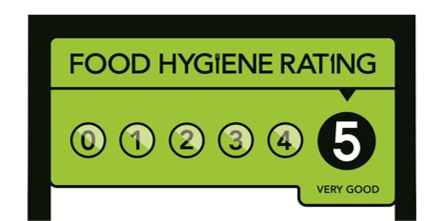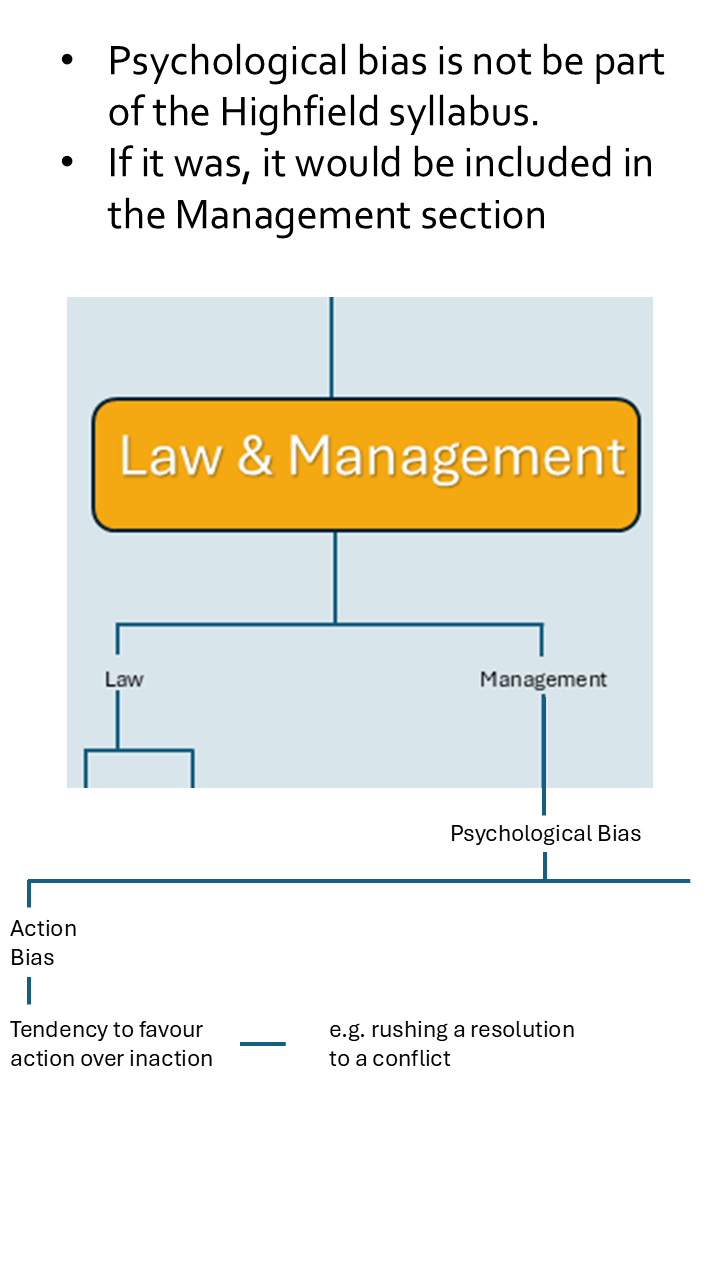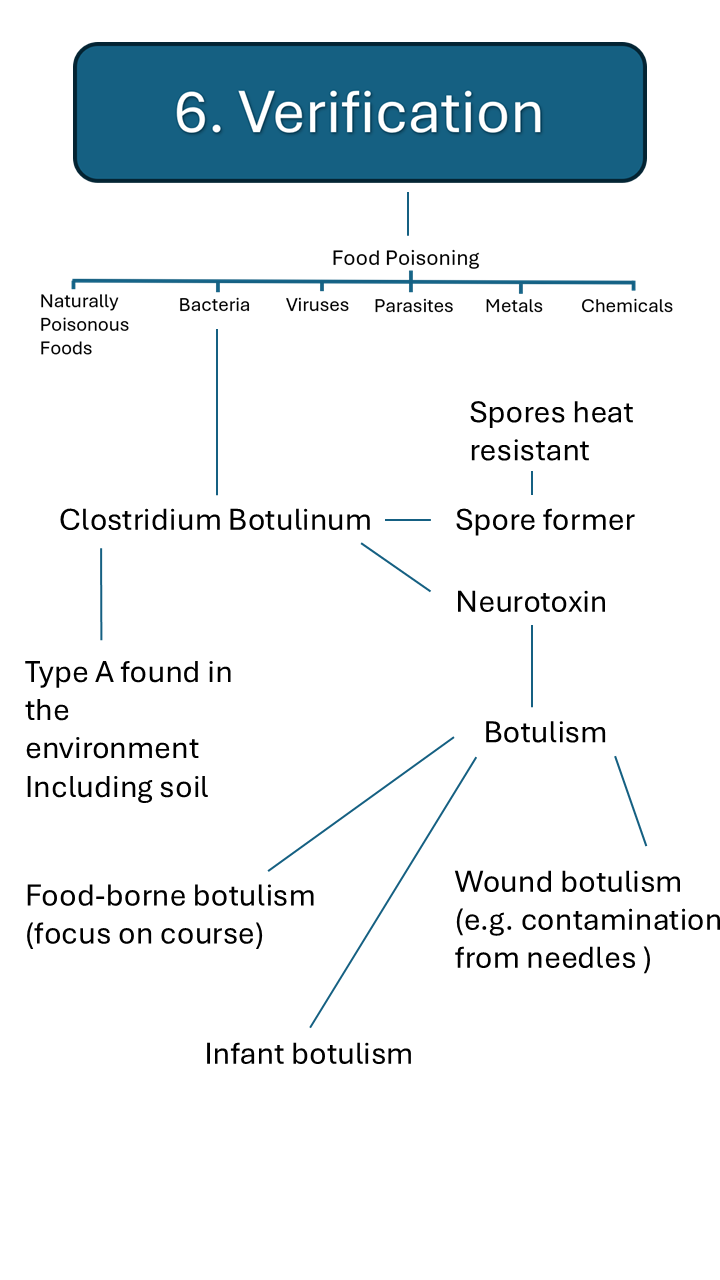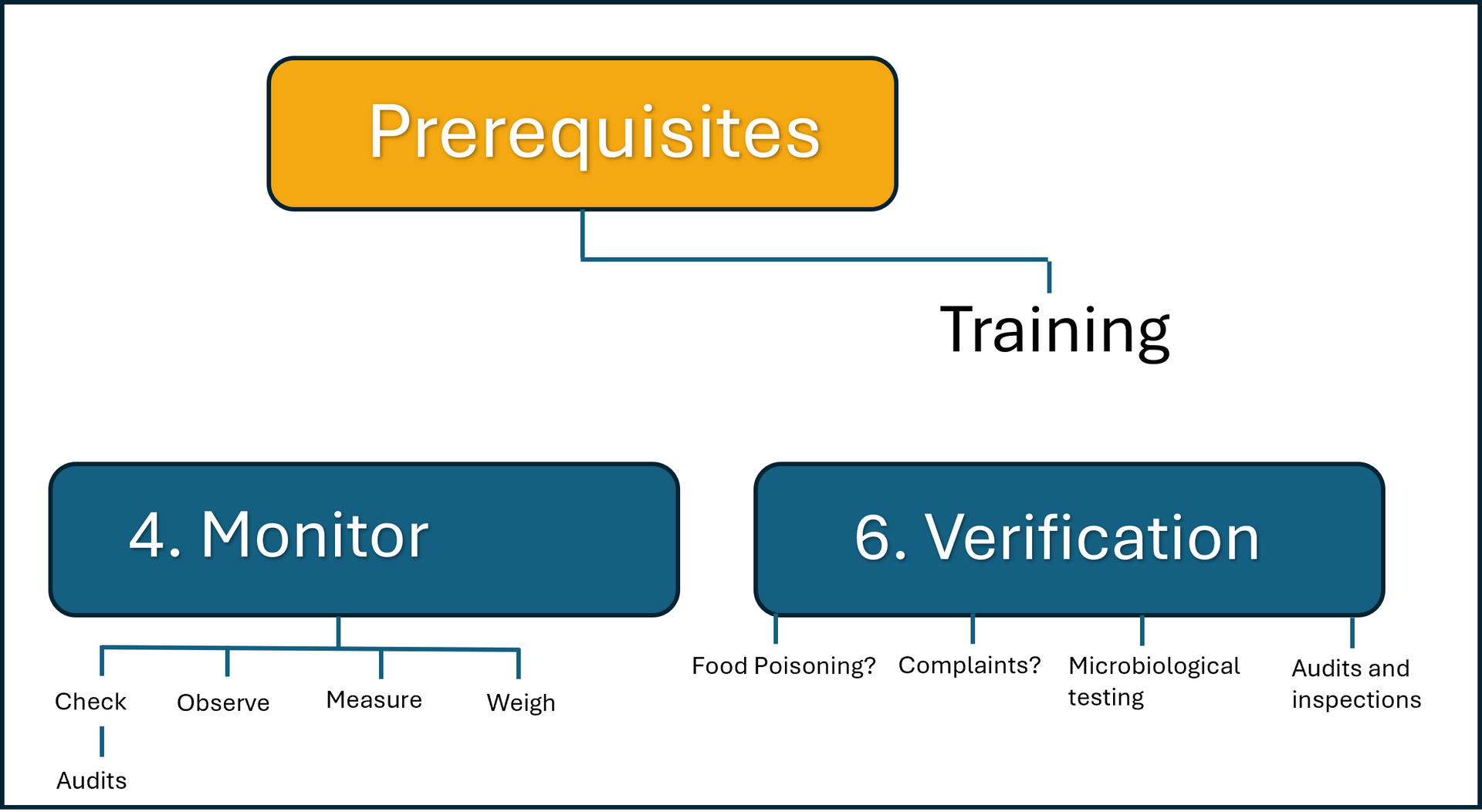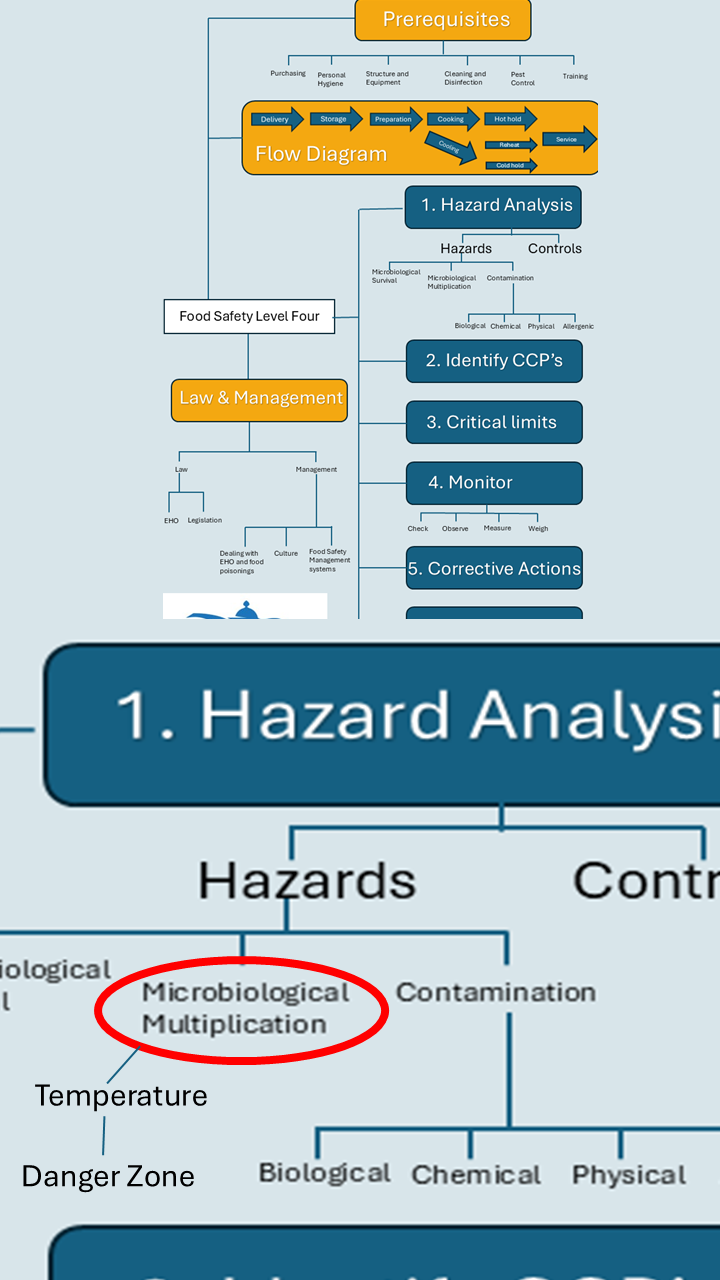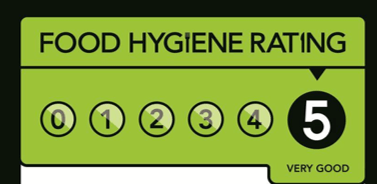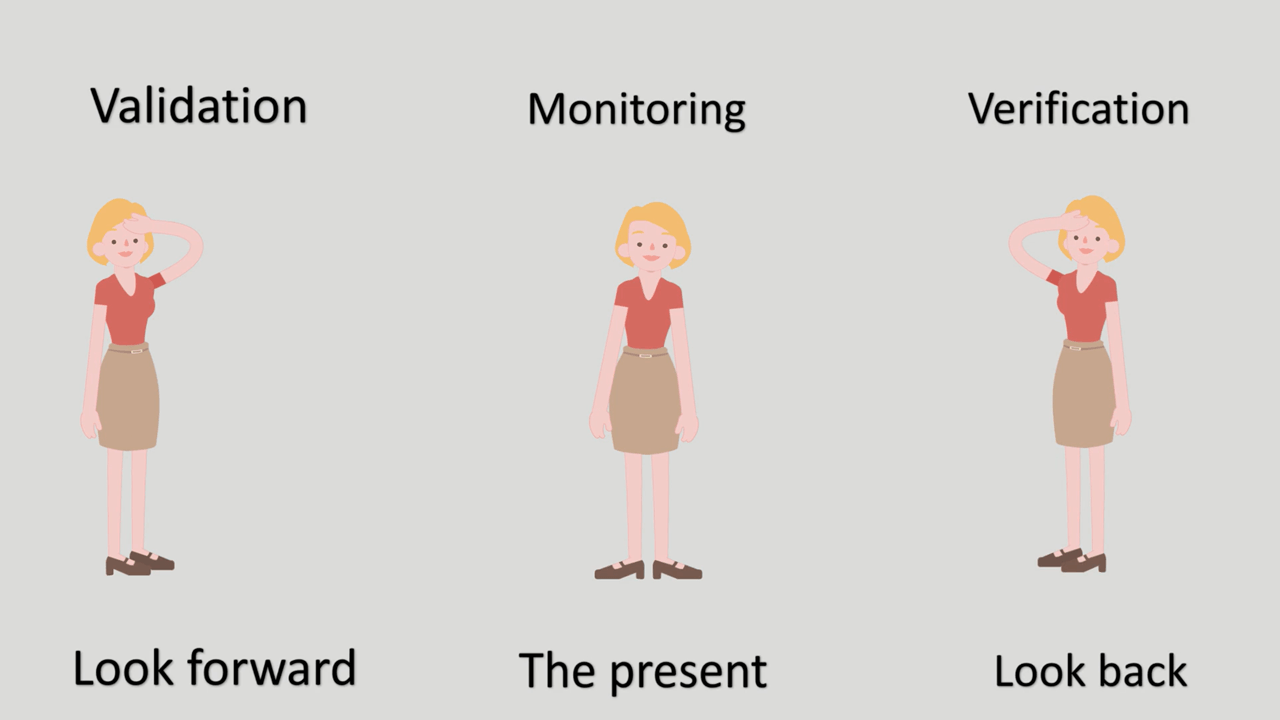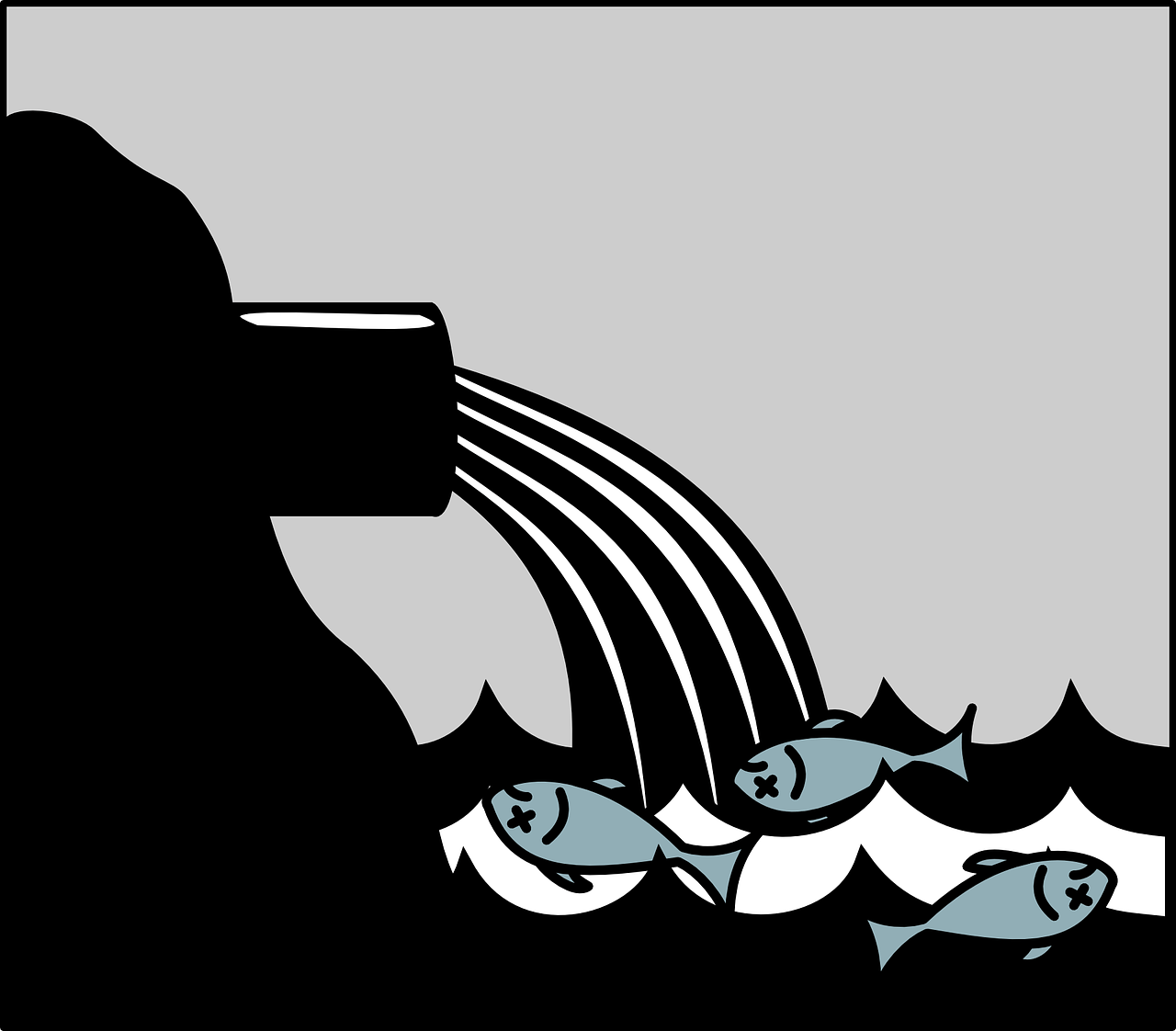Affect Heuristic in hospitality safety
Affect Heuristic
This is relying on our current emotions when making quick decisions. This usually relates to instant decisions, like what to eat for dinner. If this is based on how we feel, it can lead to unhealthy decision making.
The work example given in the original article is delegating a work task because you ‘feel good’ about the person.
You have confidence in the person and assign the task based on emotions, rather than considering their experience or training.
Ramifications for safety are clear; for example ‘the fryer needs cleaning, can I leave that with you?’.
Unfortunately, we’re more likely to rely on emotions and less on concrete information when we’re tired. And hospitality can definitely be tiring.
The affect heuristic may also be relevant to dynamic assessments, assessing the risk of tasks throughout the day. For example, when we cross a road, we carry out a dynamic risk assessment. Affect heuristic states we are more likely to underestimate the risk if we have positive emotions, such as excitement. Crossing the road on the way to a football match, or concert, or a date might lead us to underestimate, or not carefully consider the speed of cars heading towards us.
The article also explains how our emotions can affect the uptake of public policy. For example, positive feelings about a warm, cosy log fire may override concerns about pollution.
This could also relate to the implementation of company policy. For example, a restaurant chain that moves towards standardised menus and controls.
A chef may understandably have positive emotions (such as pride) around the menu they’ve created themselves, the recipes they’ve created.
They may resent moving towards menu specs and menus created at head office.
However, the affect heuristic can bring about positive changes by sharing statistics, information and images.
Take allergens as an example. The chef who’s changed to centralised menu species may be less inclined to alter recipes and ingredients (unhealthy behaviour) if they’re aware of the consequences.
Relying on our emotions can also help in making quick decisions. If a customer is experiencing a reaction to a food allergy, immediate, life saving action is required.
We’ve probably all made decisions based on emotion; sometimes the outcomes are positive, and sometimes not.
Often the decision is trivial, for example purchasing a pack of biscuits based on positive feelings such as nostalgia or happiness.
At other times, such as delegating tasks to work colleagues, the decision is vitally important.
As an auditor, I need to be aware of how my emotions can influence my decisions. If I find out of date food when I’m in a ‘happy place’ will the outcome in terms of audit score be the same as when I’m feeling negative emotions.
Of course, I’d like to think it would be the same outcome.
But perhaps the most important point is to be aware that emotions can influence behaviour, and then to consciously consider whether I’m being objective and using concrete information as I should.
The original source of this information was:
Action Bias - The Decision Lab
Please note: I’m interested in the psychology of safety, and these posts are primarily aimed at developing my own knowledge. I’m not claiming to have expertise in the subject of psychology.


